Table of Contents Show
We’ve spent many nights camping on public lands in national forests. It breaks our hearts to hear stories of squatters ruining it for others.
They’re ignoring stay limits and leaving waste behind while turning the areas into human wastelands. This leaves officials with little choice but to step in and take swift action.
Today, we’re examining how squatters ruin national forests for those who follow the rules while camping.
Let’s dive in!
National Forest Camping Suffers Due to Squatter Activities
We recently came across a story that discussed a massive problem occurring near Greybull, Wyoming.
The public lands here are turning into an RV graveyard due to the abandoned campers dotting the landscape of Bighorn National Forest. If that’s not bad enough, squatters ignore rules and regulations and destroy the land.
Officials state that some of these lawbreakers have practically made themselves at home. They’ve even had temporary bathrooms delivered to ensure they have bathroom facilities available. Sadly, Bighorn National Forest isn’t the only public land experiencing the issue.
Some RVers report that Flaming Gorge National Recreation Area in Utah is experiencing a similar fate. Campers arrive early, hoping to snag one of the best sites along the water. The adventurers then discover trashed trailers occupying the best spaces.
What Are Squatters?
A squatter is an individual or group that occupies a property or piece of land without permission or ownership.
This happens most commonly in abandoned, vacant, and unoccupied buildings. However, we’re seeing it more and more on public lands.
Unfortunately, squatter rights can be murky, making dealing with them tricky. Some people view squatters as trespassers who are breaking the law. On the other hand, others view them as a representation of inequalities that exist because of affordable housing problems.
Why Are People Squatting in National Forests?
Those squatting in national forests are typically doing so out of necessity due to economic hardships. Whether they lost their job or are down on their luck, they seek out remote areas where they can go unnoticed for as long as possible.
Unfortunately, some take care of the land and surrounding area better than others.
Additionally, squatting in national forests can also be a form of protest. Groups of people seek to draw attention to a cause they value and are passionate about. We’re all for standing up for an important cause and being passionate about your beliefs. However, there’s a right and wrong way to do it.
If you’re considering this type of protest, remember that overstaying limits and destroying national forests are highly illegal behaviors. When officials take action, it will likely end poorly for you.
What Are Officials Doing About Squatters in National Forests?
As mentioned, squatters leave officials little option than to take action. However, officials have a big job with hundreds of millions of acres of public lands.
They must oversee all of them while also dealing with staffing shortages. They may not discover or become aware of a situation until it’s too late.
When officials take action, it typically results in the temporary closure of an area. During the shutdown, officials take the opportunity to clean up messes and revitalize the site as much as possible. They’ll also think through procedures and policies that can help prevent the situation from occurring again.
Unfortunately, this often results in prohibiting various activities, including camping. The prohibition can be temporary or permanent. Sadly, some of our favorite public camping areas are no longer available due to the abuse of the land.
How You Can Avoid Ruining National Forest Camping
You don’t have to squat to ruin national forest camping. Here are several things you can do to avoid ruining public lands.
Follow Leave No Trace Principles
No matter how you use national forests and other public lands, you should always follow Leave No Trace principles. Following these seven basic guidelines can protect the outdoors for future generations.
Some of these basic principles include disposing of waste properly, leaving what you find, and being considerate of others. Typically, squatters violate all seven principles and do a tremendous amount of harm to the land, resources, and wildlife that call it home.
Keep in Mind: Anti-camping laws might affect you more than you think. See How New Anti-Camping Laws Will Affect RVers.
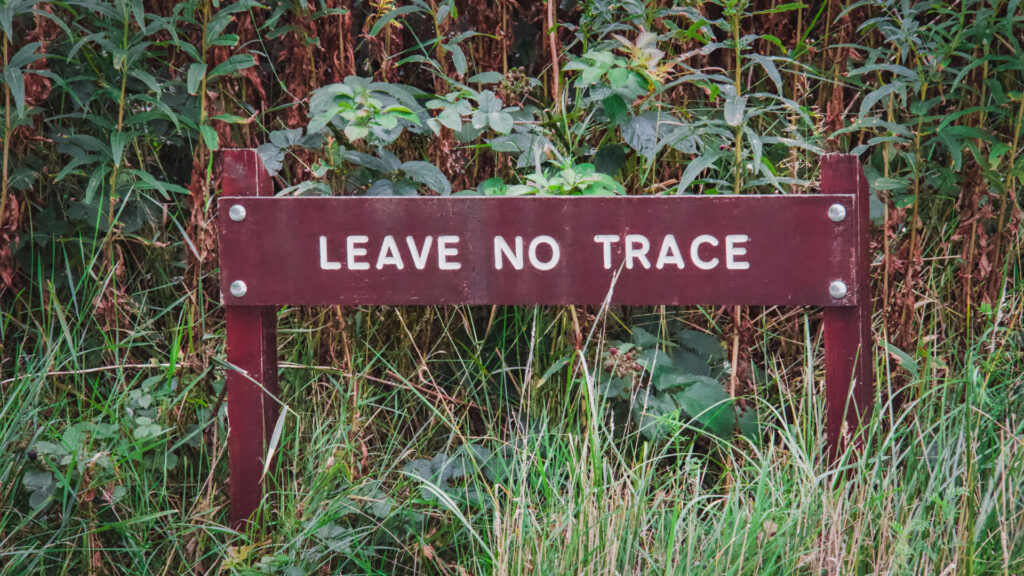
Obtain Permits
While not every national forest will require a permit for camping, some will. These are effective ways for officials to track who uses the land. Most of these permits are free or have minimal cost. However, despite their minimal fee, they’re still a requirement.
Officials in many areas take these permits seriously, and so should you. Ignorance of the requirement likely won’t be an excuse for officials. Do yourself a favor and spend a few minutes researching an area to see what permits you’ll need for camping.
Comply with Fire Regulations
If you’ve ever walked through a forest after a fire and seen the aftermath, you know why officials take fire regulations seriously. In areas that experience severe dry conditions, burn bans are relatively common.
Depending on the conditions, these bans may or may not permit propane or other portable fires.
Again, just like permits, it’s your responsibility to be aware of the fire regulations for an area.
However, we’ve camped in areas under burn bans, and officials went above and beyond to inform campers when burn bans were in effect. We saw signs at the entrance to the forest and warnings posted at each campsite.
Embrace Quiet Hours
While national forests are not organized campgrounds, you should still respect quiet hours. Many campers forget they’re not the only ones enjoying the area. Some groups can get rowdier and rowdier as the night goes on.
Part of the Leave No Trace principles includes being considerate of others. Make sure you respect others by staying quiet when it’s appropriate. If you can, cut off the generator and embrace the sounds of nature and quiet.
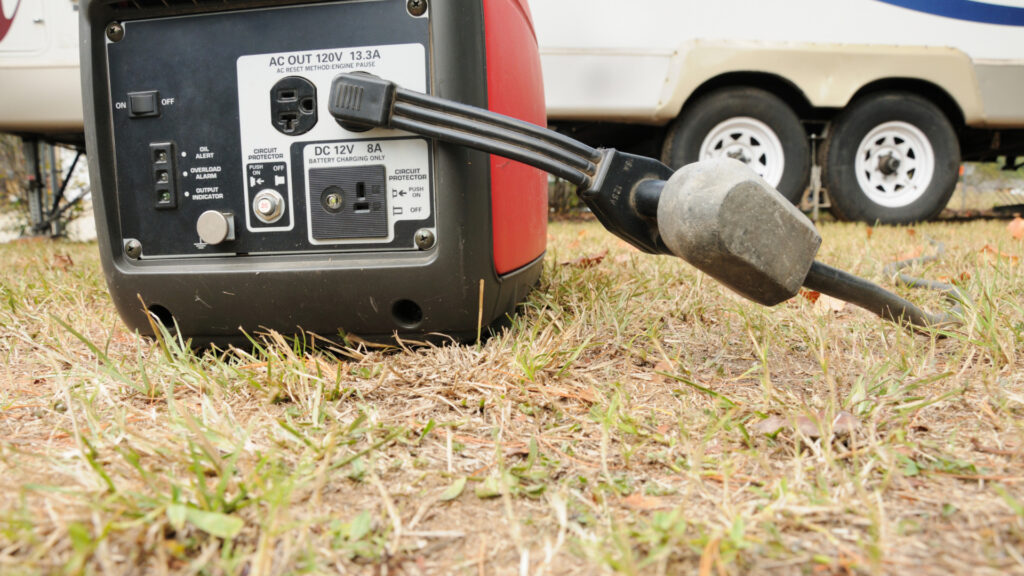
Use Biodegradable Soap
If you spend a few days in nature, you’ll probably need to shower or do dishes.
Unfortunately, standard soap can hurt the environment. It’s best to use biodegradable soap, which reduces the harm to aquatic life, plants, and other wildlife in the area.
Traditional soap often comes with scents and other ingredients that can attract wildlife. Depending on where you camp, the last thing you want to do is attract certain wildlife to your campsite.
Store Food Properly
In addition to traditional soap attracting wildlife, so can your food. You must store food properly when out in the wild. If you’re in a hard-sided camper, there’s a good chance you’ll be fine. However, if you’re tent camping, you’ll want to take extra precautions.
Some areas with increased bear populations provide bear boxes and require that campers use them. In other areas without bear boxes, you may need to hang your food from a tree limb.
Either way, ensure you know how to store your food correctly. It can be dangerous for both parties when wildlife begins to see humans as a food source.
Pro Tip: If you’re not Bear Aware’ you could find yourself in a risky situation. Read these tips to keep yourself safe during your adventures!
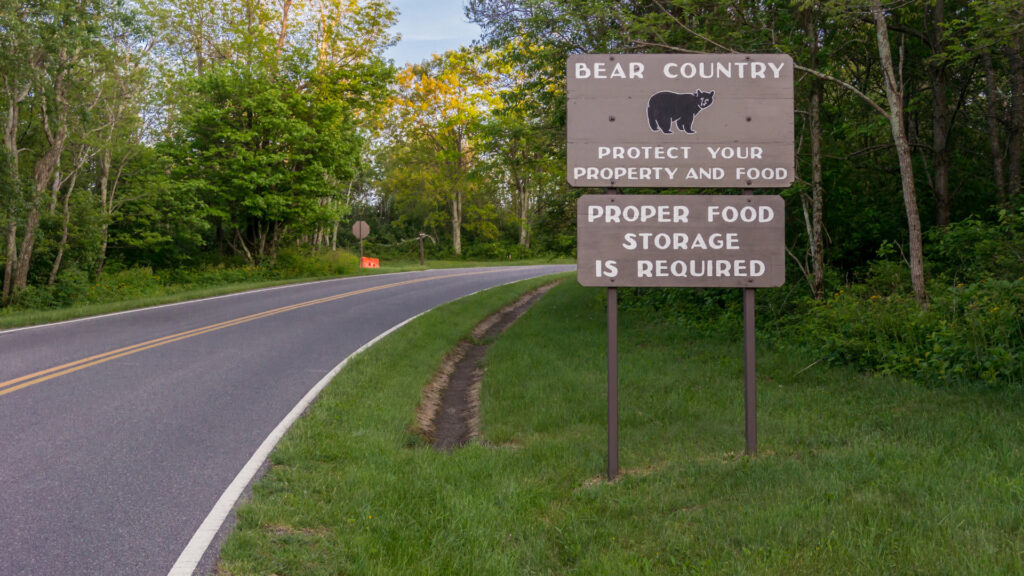
Don’t Overstay Your Welcome
Stay limits vary based on the location. Popular areas near Grand Teton National Park have strict five-day limits during the busiest time of year. However, other sites have 14- or even 21-day limits. Make sure you know and follow the limits of your camping location.
As we mentioned earlier, officials have a very tough job. In some areas, these limits require some self-discipline. Don’t abuse the rules because you don’t think anyone is watching. Remember, character is who you are when no one is watching.
Take a Stand Against Squatters in National Forests
We all carry some responsibility for standing up against squatters and violators of national forest rules and regulations. We’re not encouraging you to step yourself into a dangerous situation.
However, we remind you that reporting behavior harming the land and environment is crucial. If we do our part, we can help protect the forests for all to enjoy.
Have you lost your favorite camping spot because of squatters?


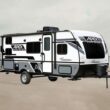

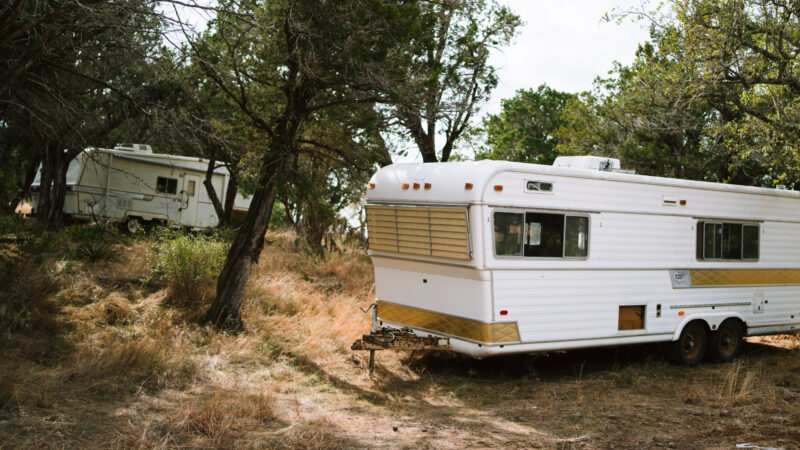

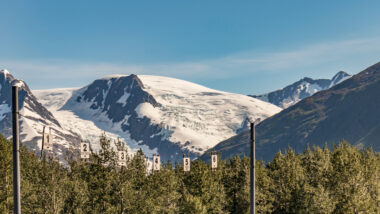
Do you think squatters are seriously going to read this? If we are on your mailing list we know the rules, you are preaching to the choir. You should have addressed safety issues for us, how to handle squatters that try to squat where we park and what can we use for self defense in these parks. What are the phone numbers for the rangers at these parks experiencing problems with vagrants and squatters. And how much does it cost taxpayers every time the rangers have to call a tow truck to remove these abandoned campers? Are we looking at paying higher fees now to cover these costs if it gets so bad there’s a real problem? Or is there a chance the park will close off sections more and more to reduce the availability for all of us? We have an epidemic of homelessness and unemployment and drug use in this country besides millions of people coming over the border that need shelter. They may be heading for the parks too. Let’s get real here and discuss how to stay safe while we are trying to make plans to travel and camp.
As a Forest Service Volunteer within a National Forest, I see first-hand the misuse that is done by some people; not all, as some visitors are very conscientious about keeping their campsite clean, and sometimes leaving the site better than when they arrived.
I see “squatters/overnight campers” who return to the same site, night-after-night, sometimes arriving late, and leaving early and abusing the stay limit.
I see refuse left behind by some of those people, who seem to refuse to pick up after themselves.
I see trash which has been illegally dumped.
I see disregard for game and hunting regulations; maybe legitimately not knowing or not caring.
I see destruction of trees and shrubs around the sites.
I see campfires that have not been put out; either by using water or soil.
I see human waste at some of the sites, which has to be buried or cleaned up.
I see leftovers from extracurricular activities.
Most forests in this day and age of budget cuts does not have the manpower to police the whole forest.
The forest that I work in, does not have a permit system, but I believe that all forests should have a permit system, to be able to track the usage of the forest for camping.
I want our forest to be as pristine as possible for future generations.